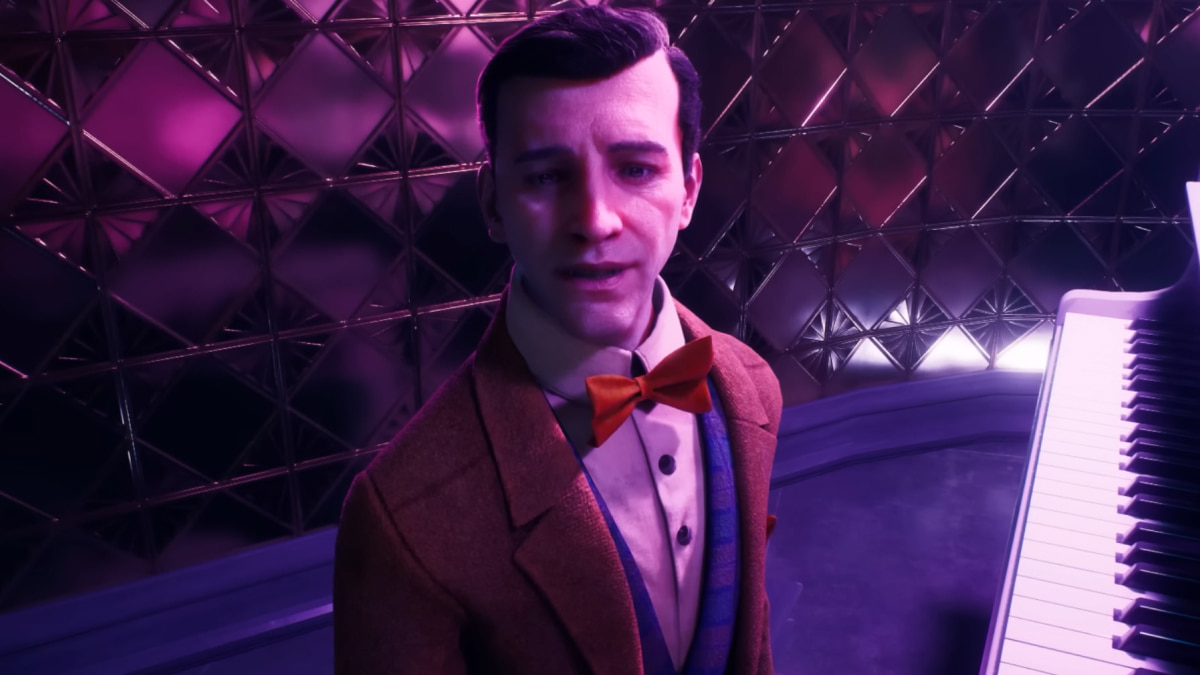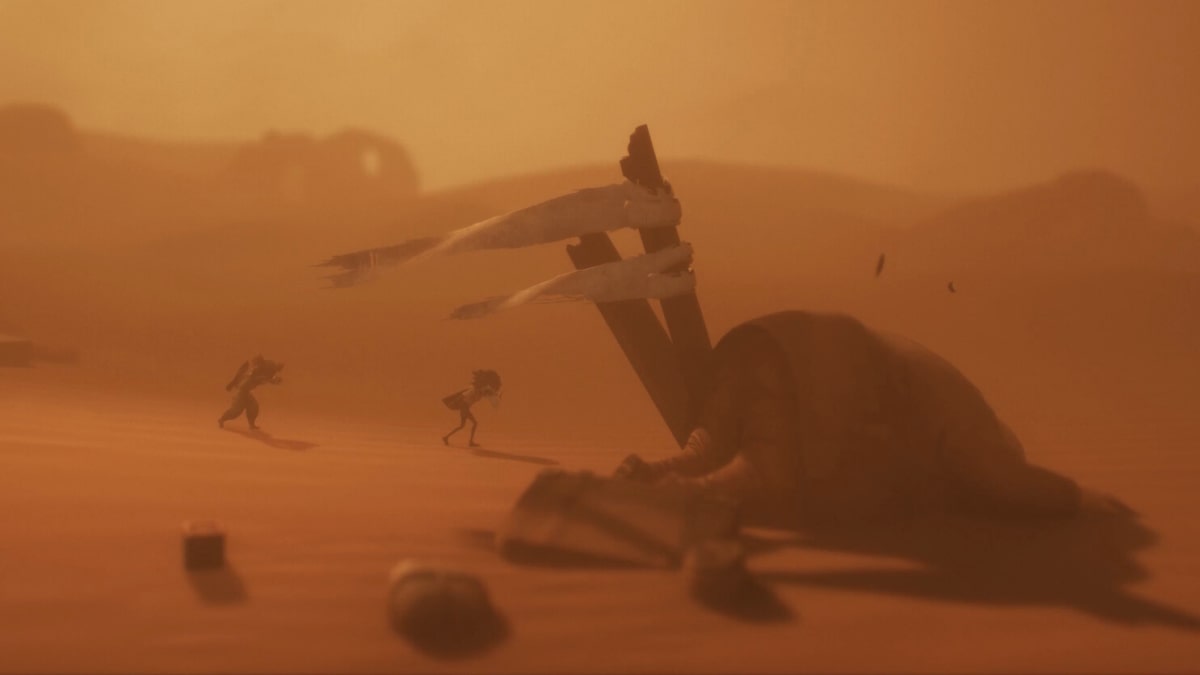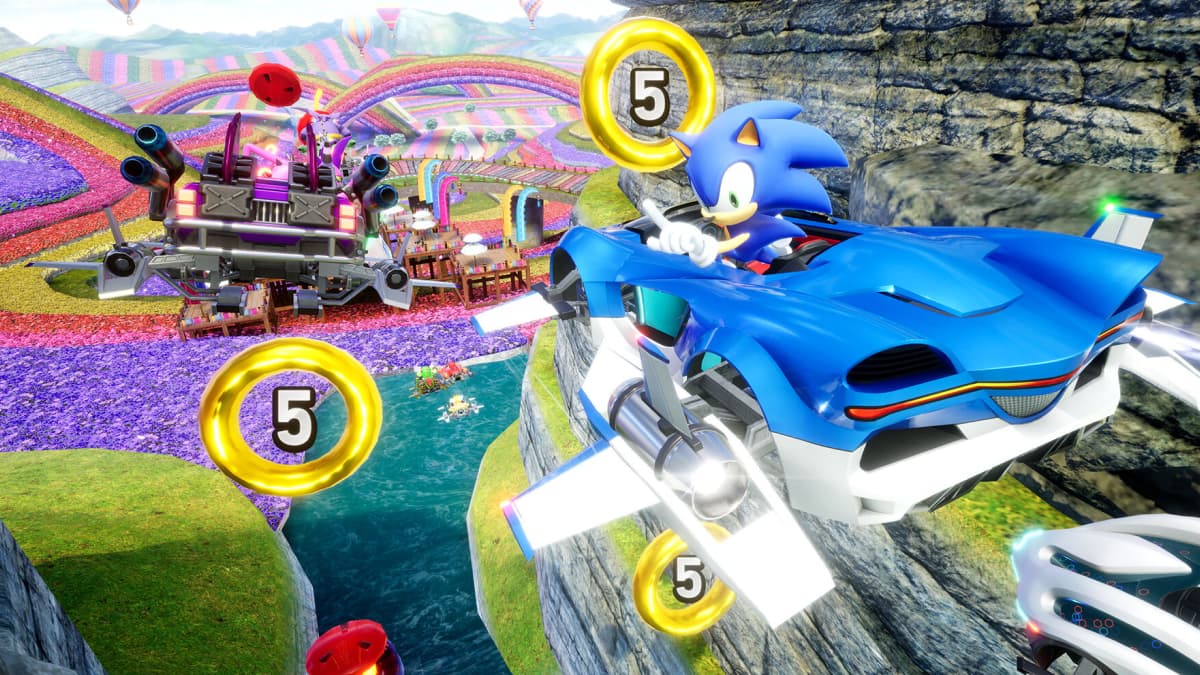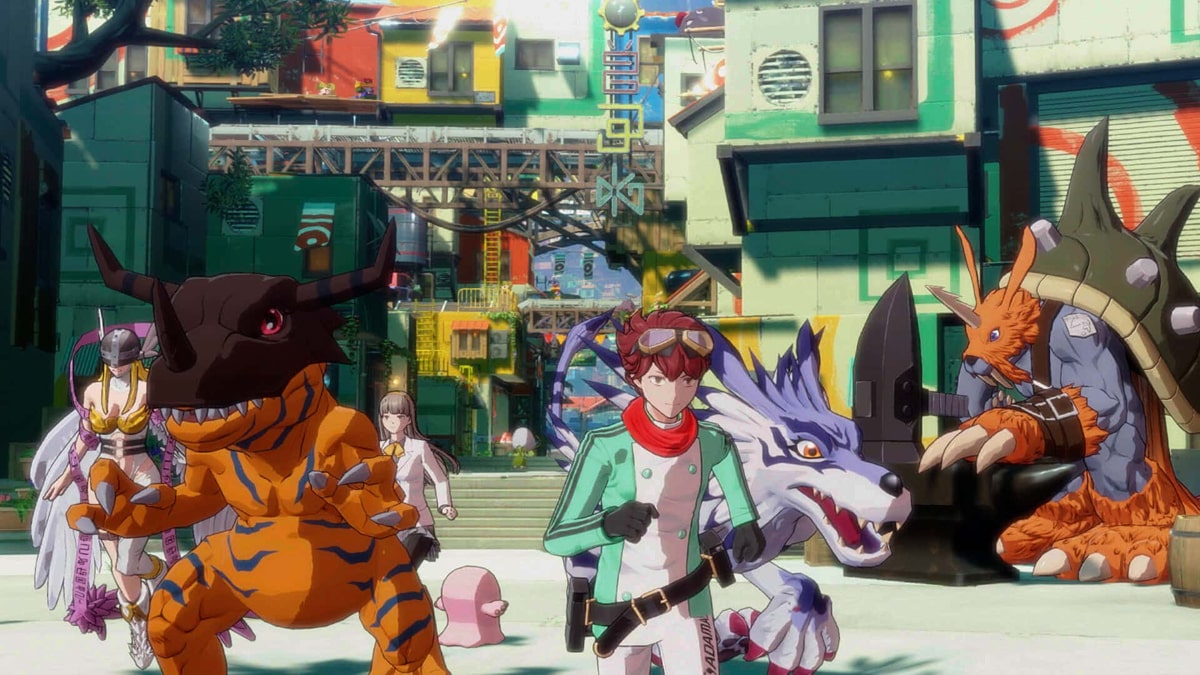You can trust VideoGamer. Our team of gaming experts spend hours testing and reviewing the latest games, to ensure you're reading the most comprehensive guide possible. Rest assured, all imagery and advice is unique and original. Check out how we test and review games here
It’s hard to know where to begin with Rhapsody: A Musical Adventure, the DS remake of the 10-year-old Nippon Ichi (Disgaea) PlayStation JRPG. On the face of it it’s yet another obscure and bizarre Japanese role-playing game that you can’t believe someone somewhere thought ripe for a Western release. The game’s quite obviously aimed at Japanese girls, with super cute graphics and a 16-year-old female lead character who can control dolls like puppets. That there might be enough to send all you hardcore JRPG fans running for the hills (not before you’ve packed your copy of FFVII). But dig a little deeper and Rhapsody reveals itself to be a role-playing game with a great story and funny characters who toil with one or two surprisingly adult issues.
The game is, essentially, a love story. Cornet, a young girl with a magical power to talk to dolls, dreams of falling in love with a prince. Then, one day, while out collecting bits and bobs for her grandfather, she’s attacked by Myao, a girl hell bent on causing mischief. Right at the last, the kingdom’s real Prince turns up to save the day. From then on, Cornet’s mission is set: meet the Prince, fall in love and realise that dream.
Girly? Perhaps. Soppy? Definitely. A refreshing change from the tiresome teenage angst-ridden, spiky-haired, anime brat coming of age snore-fest we’re used to trudging through? Definitely. I’m a bloke, and yet I found Rhapsody offered something sufficiently different to keep me engaged. It puts Square Enix’s recent Xbox 360 output to shame, really.
Indeed, the characters seem to have depth to their personalities, conflicts that at times make you feel depressed, even. Cornet lives with her grandfather, and often asks the puppet Kururu, her best friend, if she thinks her parents are watching over her from heaven. Spoiled rich kid Etoile breaks down at one point, telling Cornet of her loneliness and longing for a father that doesn’t try to win her affection with money. Yes there’s way to much text, and the game often feels like one lengthy cutscene after another that require only constant pushes of the A button as well as your attention to progress, but it’s hard not to fall for the plot’s charm.
Have I mentioned that the game is a musical? The world’s first, apparently. Every now and again the lower DS screen will darken, a light will shine on Cornet and she’ll burst into song. A love song, usually, sung by a Japanese voice actress with English subtitles. “Let’s go on with love in our hearts”, that sort of thing. It gets better. When Cornet gets her chance to dance with the Prince they share a moment, and duet a love song. It’s quite a bizarre experience, really, but perfectly in keeping with the tone of the game. Aww.
Seriously, it’s hard not to get involved. There’s a wonderful scene where Cornet and the Prince are alone on a balcony, underneath a star-filled night sky and they blush uncomfortably as they struggle to work out what to say to each other. Hiding in the shadows is Kururu and Etoile, egging Cornet on. “Kiss him,” they whisper. While sat on the train I found myself screaming at the DS: “Kiss him for God’s sake!!!” Then I myself blushed in overwhelming embarrassment, closed my DS and started reading the Metro like everyone else.
The non-story elements, however, won’t keep anyone’s attention. The combat system is JRPG simplicity, harking back to the old school turn-based random battles that we’ve all grown out of. You’re exploring a multi-tiered, multi-level dungeon, with a useful map displayed on the DS’ top screen, then bang, you’re interrupted by a random battle, and you mindlessly mash A to get Cornet and your three selected puppet party members to kill everything. Cornet’s got some hilarious magical attacks, which mostly involve chucking cakes and other baked treats at enemy monsters, and various party buffs that involve playing her horn (Cornet, horn, get it?). As she plays the horn (“powers up units using love”) you build up your Kansha Gauge, which shows the appreciation level of your puppets. Like a fighting game super meter, as you fill it you’ll open up more powerful attacks, like chucking a Pancake. Really.
It’s very easy, so much so that the combat is boring. There’s a distinct lack of impact with all of the attacks, most of which don’t have any audio, and the amount of backtracking you have to do is soul destroying. It won’t engage anyone used to the battle systems seen in the Final Fantasy or Dragon Quest series, and is by a country mile the weakest part of the game.
All told, though, Rhapsody’s charm and characters do just enough to keep you going through the relatively short 14 hour experience. It won’t be for everyone, clearly, and probably not every old school JRPG fan, either, but it’s worth a punt. The box art’s got pink in it, but it won’t leave you feeling blue, even if you’re a bloke.
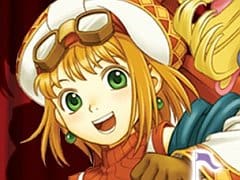
/https://oimg.videogamer.com/images/6407/rhapsody_22.jpg)
/https://oimg.videogamer.com/images/01d2/rhapsody_11.jpg)

